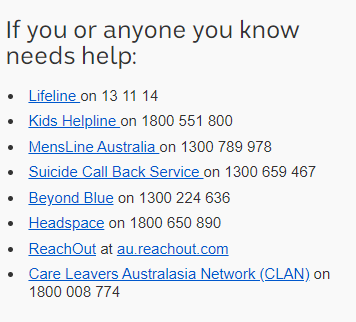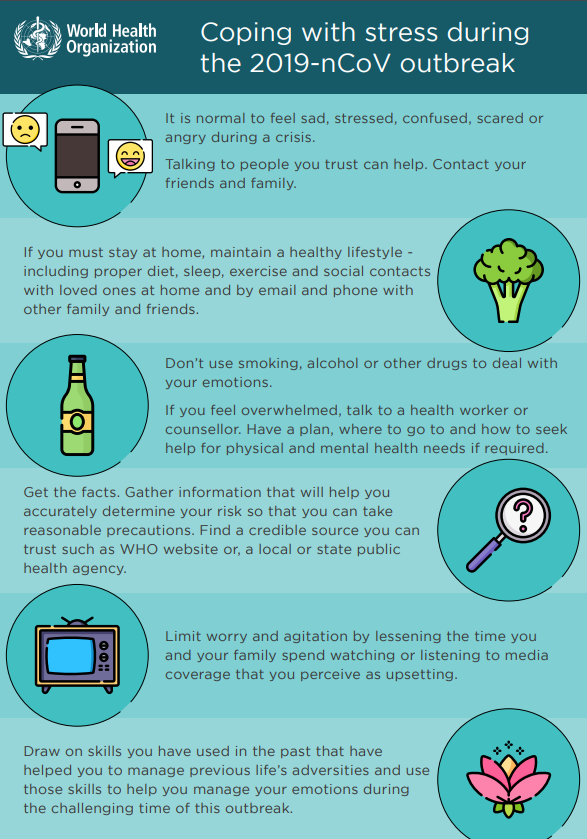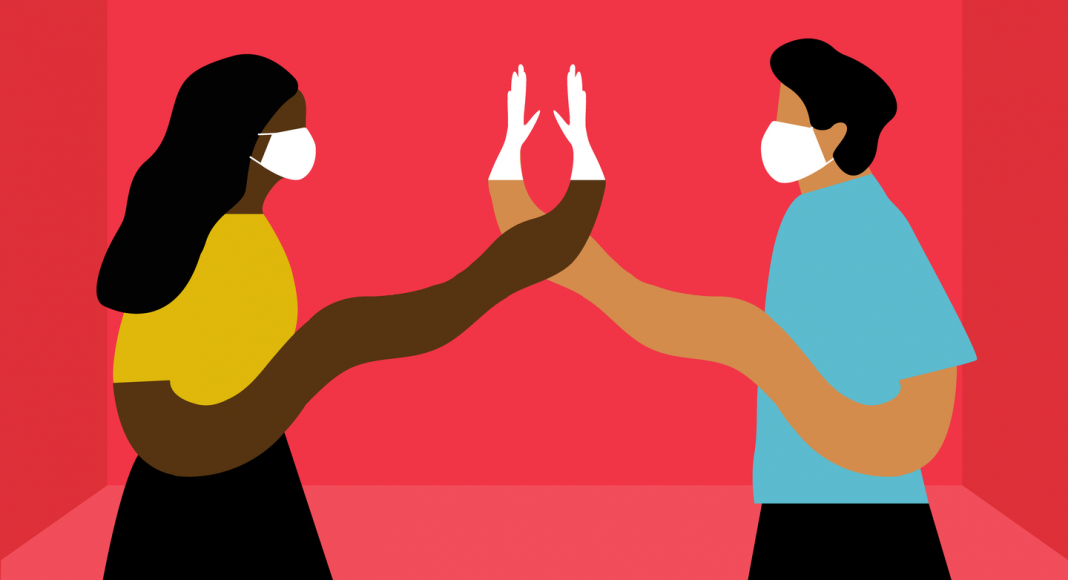The Federal Government has recently implemented Stage 2 social isolation measures, banning people from attending pubs, clubs, sporting events and even cinemas.

Whilst there is an immediate negative impact to many small businesses across Australia, these restrictions are also guaranteed to have potentially long-term mental health impacts on all Australians.
In fact, according to Clinical and Forensic Psychologist, Pandelis Nicholas Tsomis, the changing daily circumstances and uncertainty about the future can give rise to heightened individual and community anxiety.
“Elderly will be more anxious because media is reporting they are higher risk. Parents will be more anxious because media are reporting children are at risk. I’m seeing younger mothers becoming more despondent and anxious,” Mr Tsomis said.
“We normally encourage people to socialise, go to public places and avoid isolation with their new baby. With COVID-19 we are telling them the opposite.”
Getting support and keeping healthy:
As part of the Federal Government’s $2.4 billion COVID-19 health package, people who are in mandatory quarantine and certain vulnerable groups will still be able to access mental health services, without exposing others.
Mr Tsomis said that whilst he “applauds” the government’s actions, more resources are still needed.
“First of all, we need to be more patient with ourselves, more tolerant and caring. If you approach people to help them, do it gently and calmly. Don’t demand they get better now,” Mr Tsomis said.
And that’s not all you can do.
Digital technology such as Skype, FaceTime and WhatsApp can help you check in on your family, friends and neighbours. A simple phone call to your parents, your grandparents or even your siblings can brighten their day if they’ve been feeling increasingly isolated.
What about apps like Zoom? They aren’t being used only in the classroom. They can enable Greeks around the world to create a “virtual Easter table” as Holy Week approaches. Keeping up and maintaining these Greek traditions will definitely put a smile on your face!
But more importantly, if there is someone who doesn’t have a large social circle or someone who is separated from family and friends due to social isolation, check in on them. We need to make more of an effort than ever before to ensure everyone is looked after.
And above all, make sure you stay in touch with your own emotions and thoughts. Here’s a list of the top 5 things you can do to boost your own mental health when in self-isolation:

1. Access good quality information:
Get the facts. Gather information that will help you accurately determine your risk so that you can take reasonable precautions and maintain your anxiety levels. Find a credible source you can trust such as the World Health Organization or the Department of Health.
If you have children who are displaying signs of anxiety or stress, provide facts about what has happened, explain what is going on now and give them clear information about how to reduce their risk of being infected in words that they can understand depending on their age.
2. Maintain a healthy lifestyle:
If you must stay at home, maintain a healthy lifestyle. Ensure you eat well, sleep and exercise. Maintain social contact with loved ones at home, and by email or phone with other family and friends.
Listening to the radio or even practicing mindfulness and relaxation techniques can add a bit of variety to your routine and help you remain positive.
3. Pay attention to your needs:
Keep your own needs and feelings in mind and use these as guide to how some other people may be feeling. Each person has different challenges but to make a start in understanding others, it helps to keep an eye on how we are travelling as well.
4. Focus on what you can control:
Give your thought patterns a reality check. For example, if you get stuck in a ‘thinking loop,’ think about something else or reassure yourself. Remind yourself to be in the present moment as anxiety has a tendency to get you to focus on the ‘what ifs.’
5. Take a break from the news:
While it’s important to stay informed, exposing yourself to a constant stream of negative information takes a huge psychological toll. Avoid reading social media posts that warn of an apocalypse and don’t get drawn into doomsday discussions. Sticking to the facts and relying on scientific sources for your information is the best way to maintain perspective and manage your feelings positively.
You can find out more information at BeyondBlue or Lifeline.


